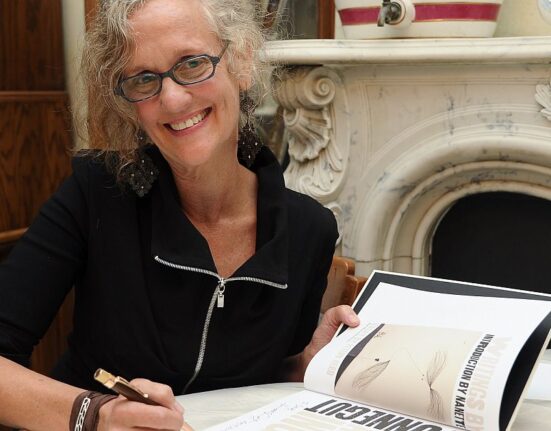
It’s tough to succeed in today’s business as an independent. Matthieu Drouot, CEO of Gérard Drouot Productions, can attest to that. He wouldn’t change a thing, though. “It’s the best,” he says. Having been raised in this business by French promoter legend Gérard Drouot, and promoting shows himself for more than 20 years, his experience is second to none. For this year’s France Focus, he shares his thoughts on what it takes to become a legacy artist, the importance of not treating fans as cash cows and more.
Pollstar: How’s 2024 shaping up from a business point of view?
Well, ’24 is a difficult year in France, because the Olympics in Paris have a real impact on venue availability. We cannot get Stade de France for the whole year, we cannot get Paris La Défense Arena from May to October, and we cannot get [Accor Arena] in July, August and September. So it has a huge impact. I’ve been trying to find alternatives. My Springsteen show is in Marseille, which has been sold out for weeks. We could have played Stade de France in Paris twice.
For my AC/DC gig, I managed to get a date on another Olympic site in Paris, which is the Hippodrome de Longchamp where the Stones played two years ago. It will be a good year because tickets are selling, but it will not be as good as it could have been, considering the demand for tickets, and the availability of artists to do live shows.
Do you have any indication that artists from outside of France, especially from the U.S., are touring France and Europe less in general because of the costs associated with touring across the continent right now?
It’s a tough one, because I see more and more artists from America touring, but not in Europe. I see Adele doing a residency in Munich, and I see Live Nation France promoting on their social media, to the French audience, that they should go to Munich to see Adele. Why isn’t she doing France? I see Pearl Jam on this tour not doing France, it’s a short European tour, but the French fans are irate with the fact that the band has not headlined an arena in France for nearly 20 years. They have done a couple of festivals, but not a proper indoor headline.
I don’t know if it’s related to costs, because to my knowledge, these artists are wealthy enough to afford touring France, and Europe. Artists are touring in Europe in 2,000- to 3,000-capacities, so why can’t an artist touring in 20,000-capacities do it? I think it comes back to decision making. It’s true that there are inflating costs, it’s more expensive to get flights, it’s more expensive to get hotels, it’s more expensive to get buses, etc. But it isn’t the only reason why some tours are not coming to every territory. I am in touch with some artists, who tell you that they want to travel from the U.S. to France, but only for two to three weeks. Because after weeks of touring, they want to come back and be with family, which is very respectable. It just shows that if it’s a short tour, it’s not a matter of costs, it’s a matter of the artist making the decision to travel only for three weeks.
I have nothing against that, but it is a bit worrying to me, because I don’t think you can establish yourself as a headline act, as a legend for the whole of your career, if you don’t come and meet people. Last year, I was part of a fantastic farewell tour for Elton John. Elton, for decades, has been out there meeting people, doing top markets, secondary markets, tertiary markets, he’s been everywhere. And the reason why his farewell tour has been so big is because of the amount of work he has been doing for decades. I’m not sure artists, who say they want to only tour Europe three weeks per year will get a great farewell.
Last time we spoke, you said you found it quite incredible how much fans are willing to pay for not just Beyoncé and Taylor Swift, but also acts of the calibre of Måneskin for example. Is that still the case?
I see no price resistance. If I don’t sell, it’s not because of prices, it’s because of the artists not being strong enough. I try to keep pricing as reasonable as possible, I don’t do much platinum, for instance. My AC/DC show is full, and I don’t offer tickets on platinum. The fans are happy to pay when they see the value they get for it, but they don’t want to be seen as cash machines. They understand why ticket prices are higher, but they don’t understand why it has to be ten times higher. They don’t understand why a ticket that cost €50 10 years ago is now €500, but they understand why it’s €100 or €150. Sometimes, they can even understand why it’s €200 for very selective seats. We’re not quite where the North American market is, in terms of the ridiculous amounts of money people pay for tickets. I think we are still on a good path to keep our business growing. Luckily, the fans are paying higher prices when we are facing higher costs — but it’s my job to make sure that we don’t go too far.






